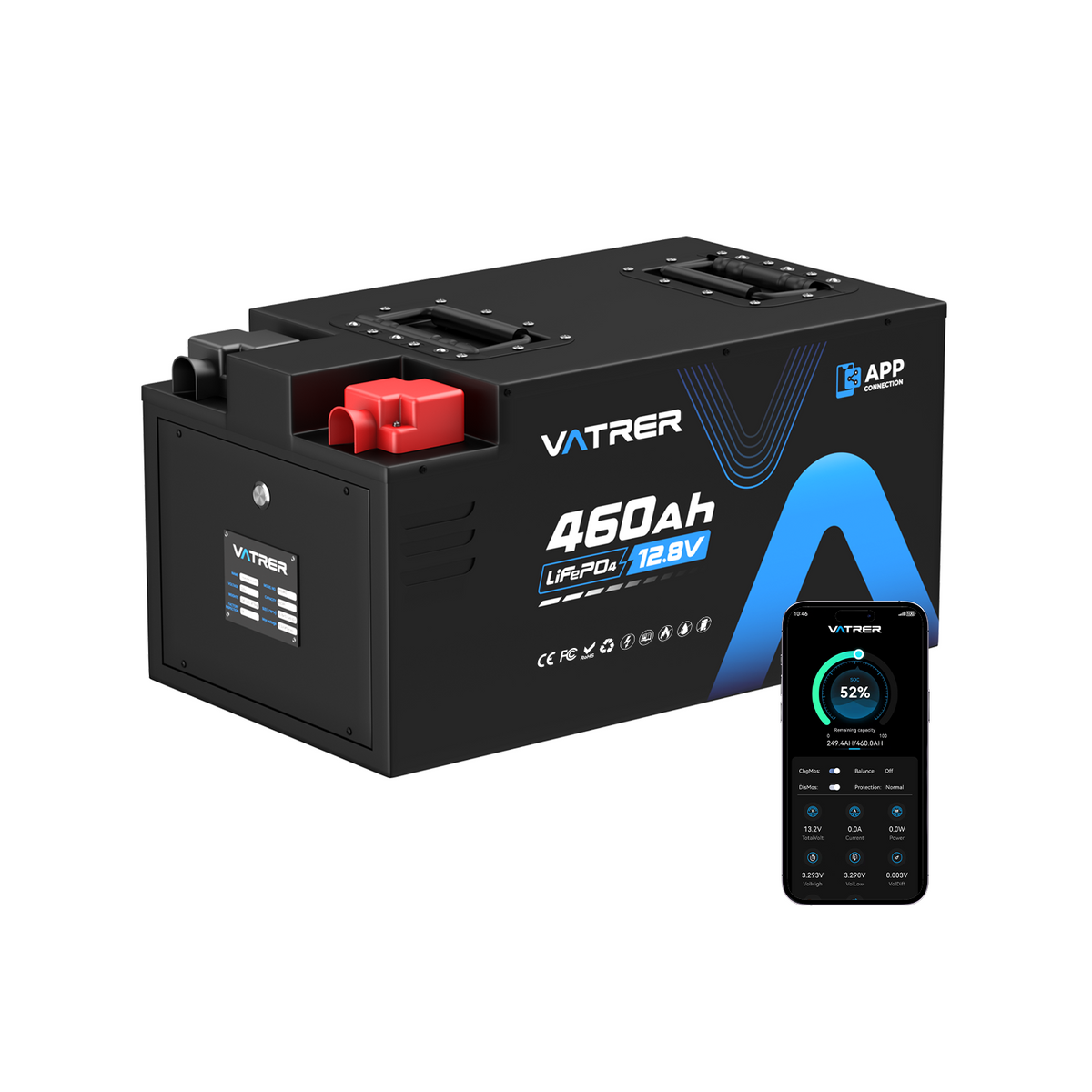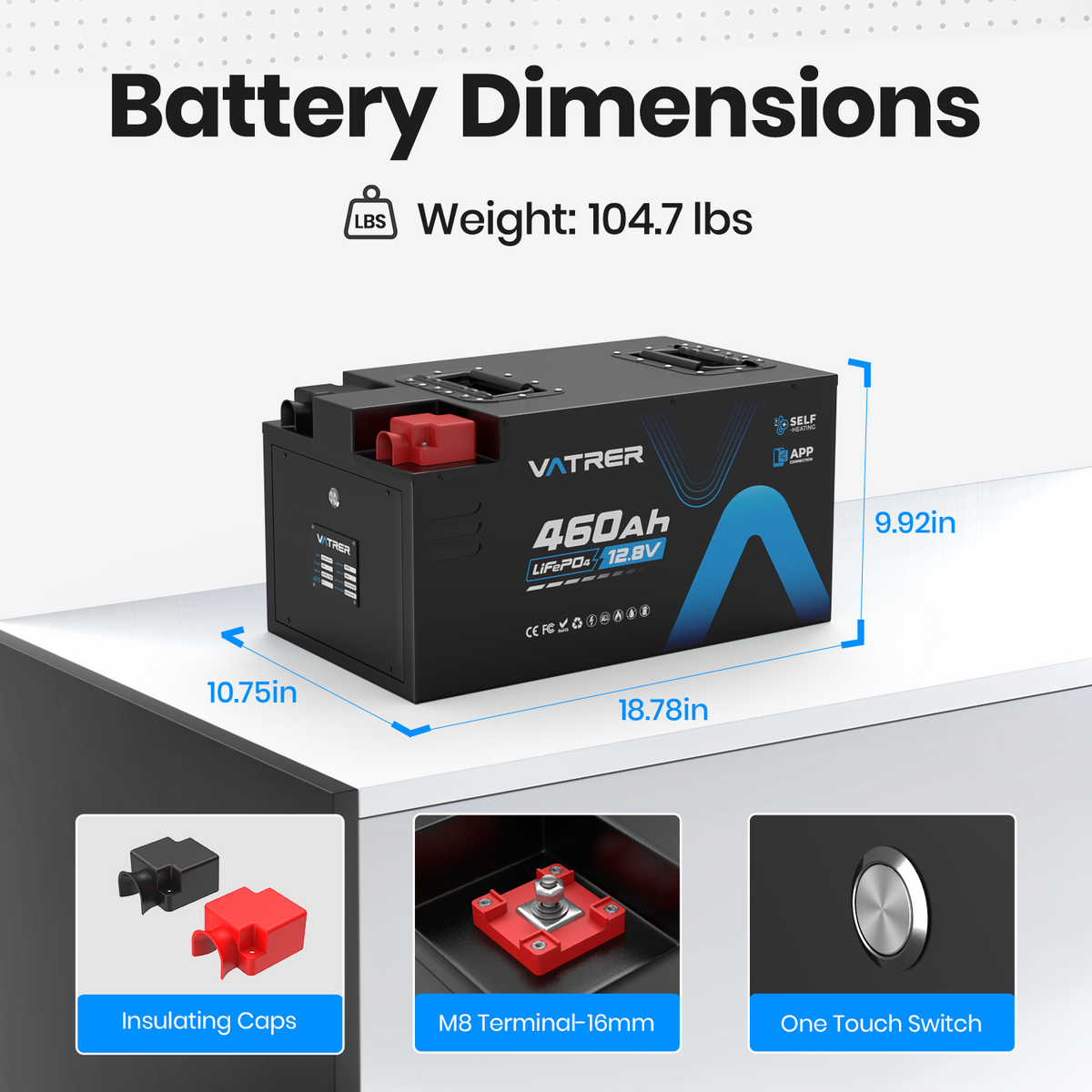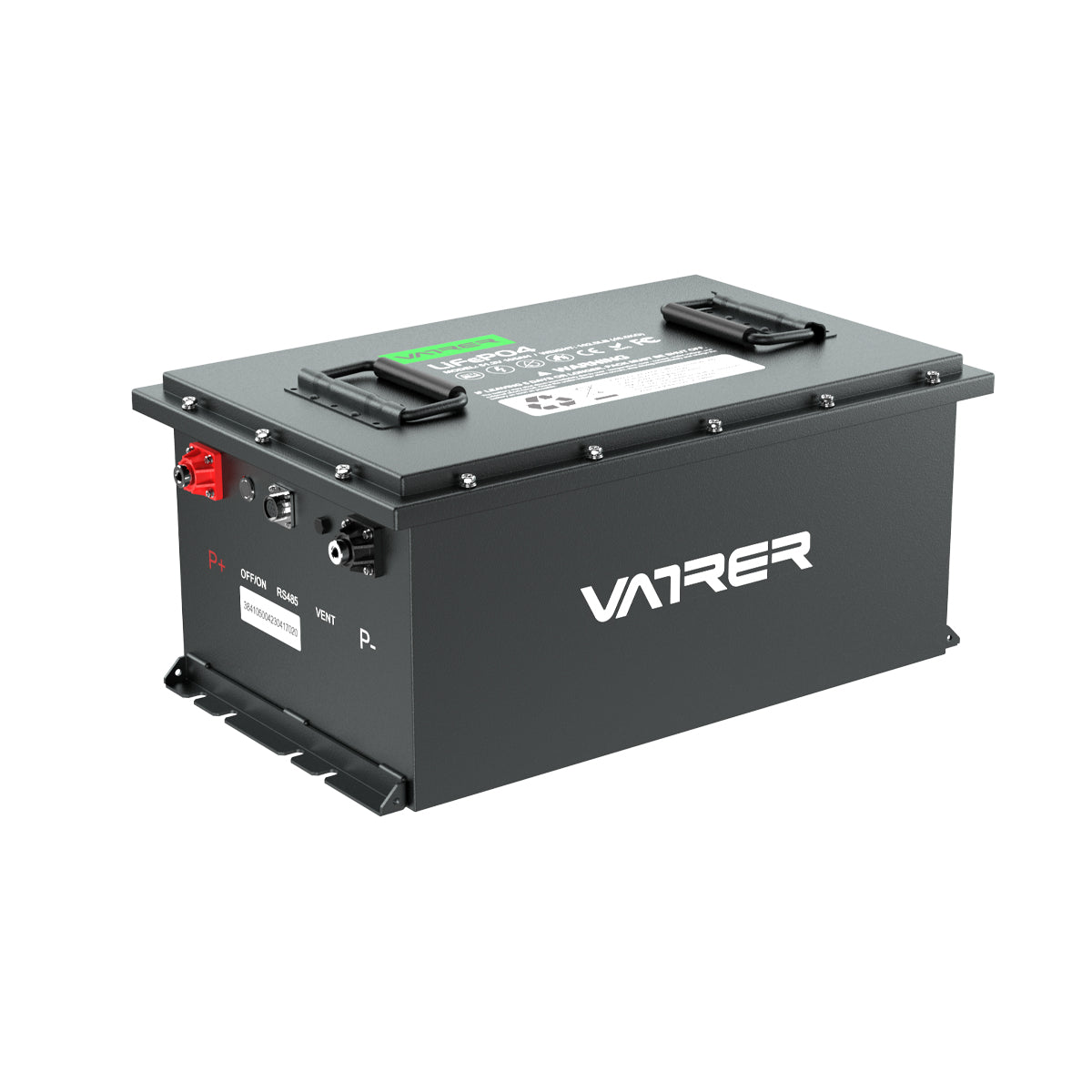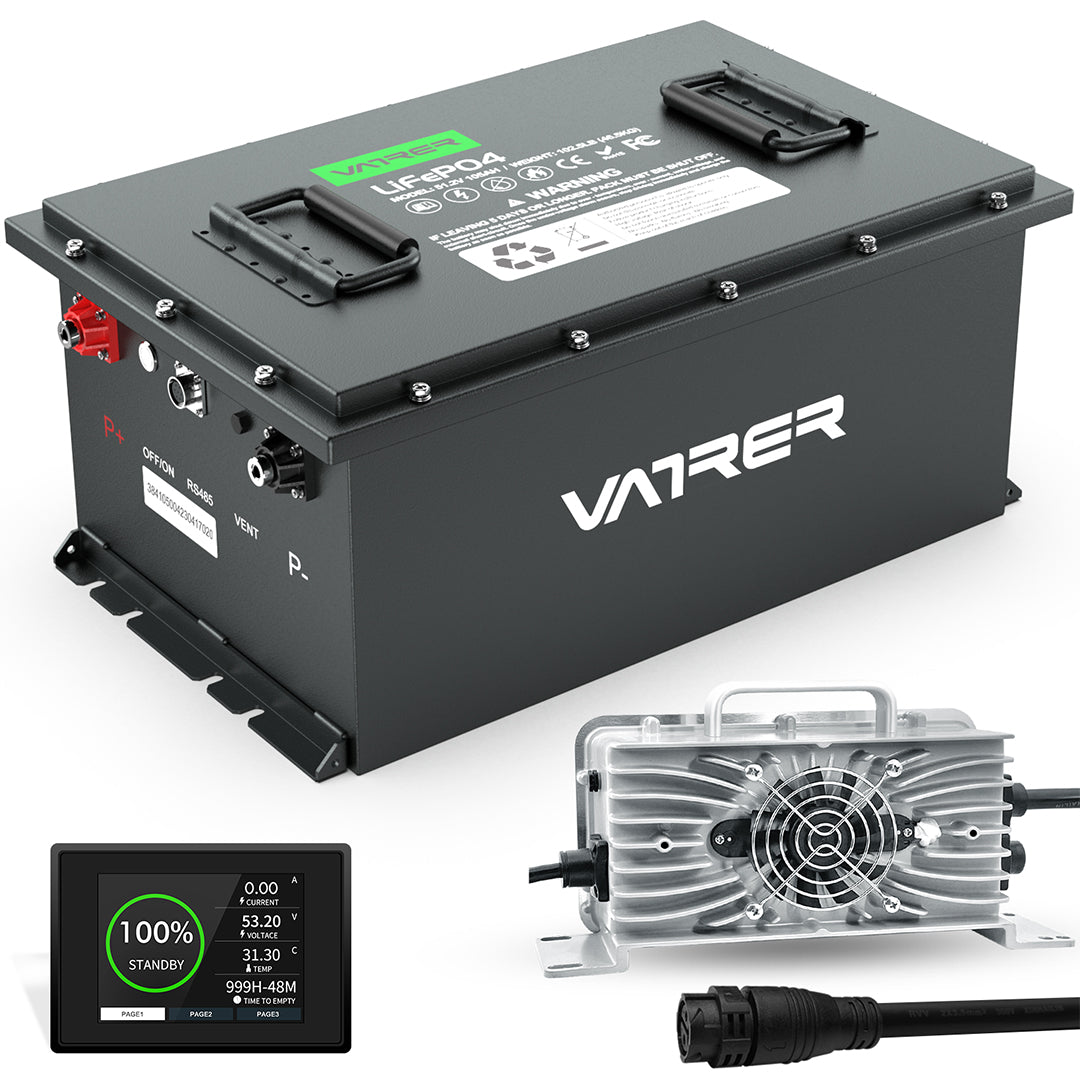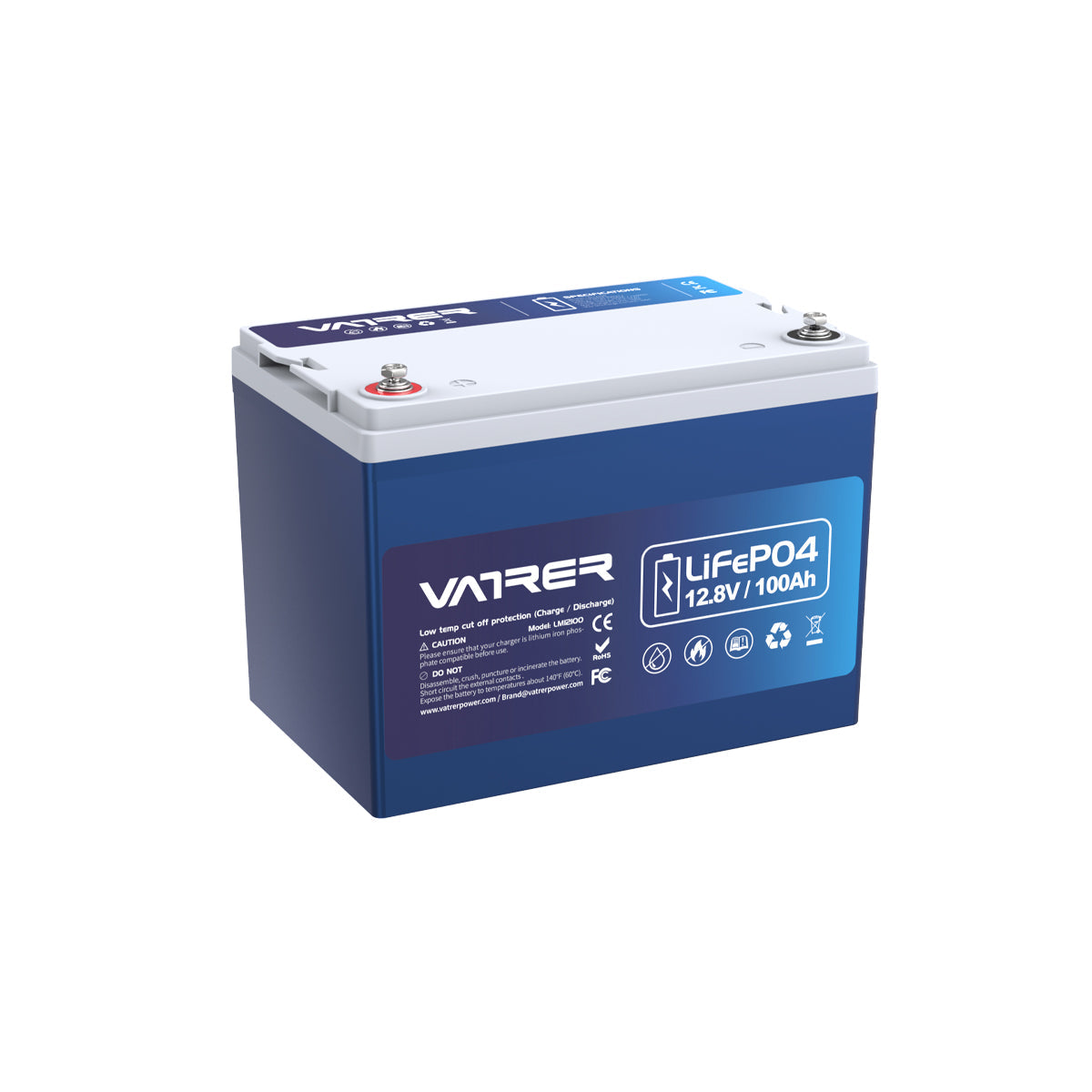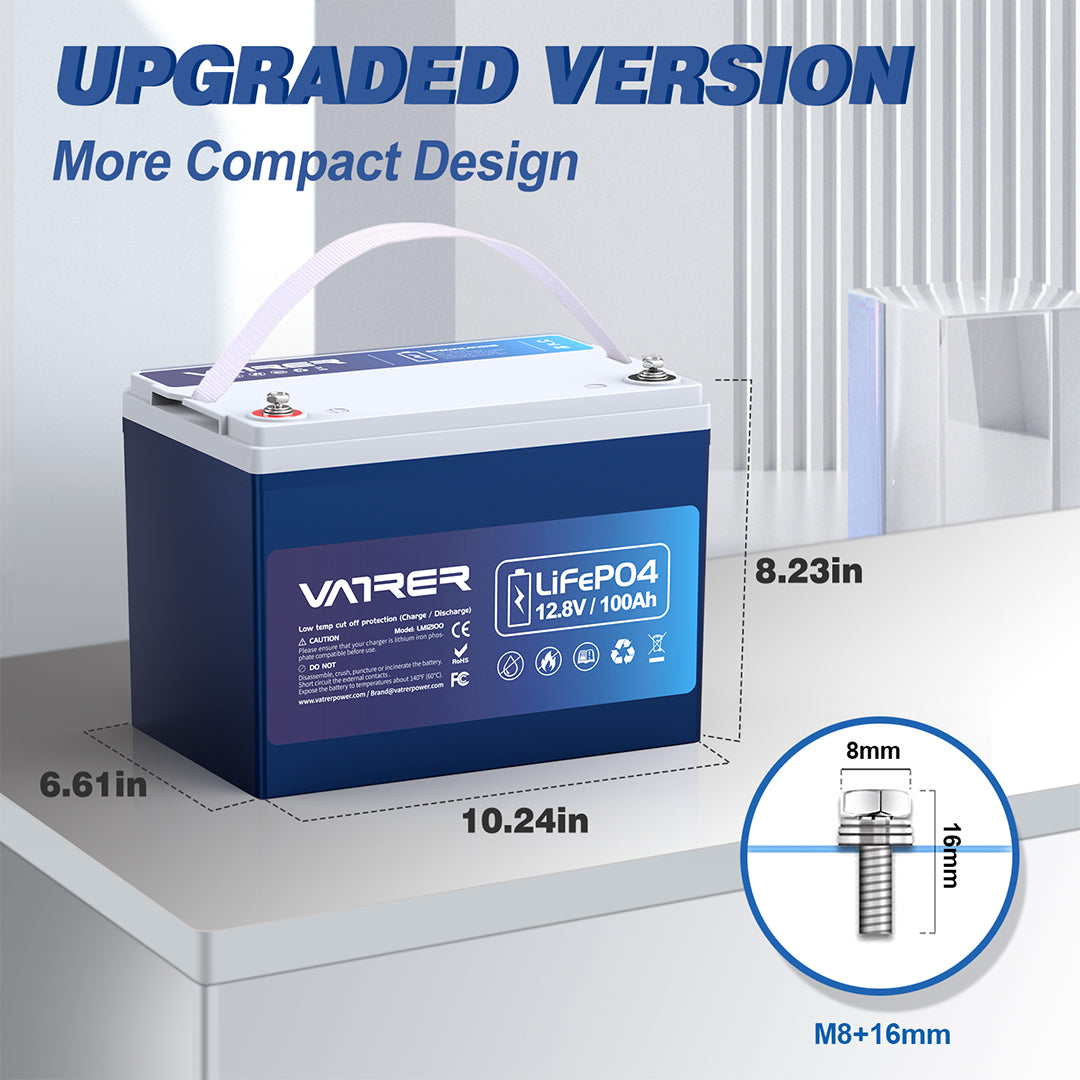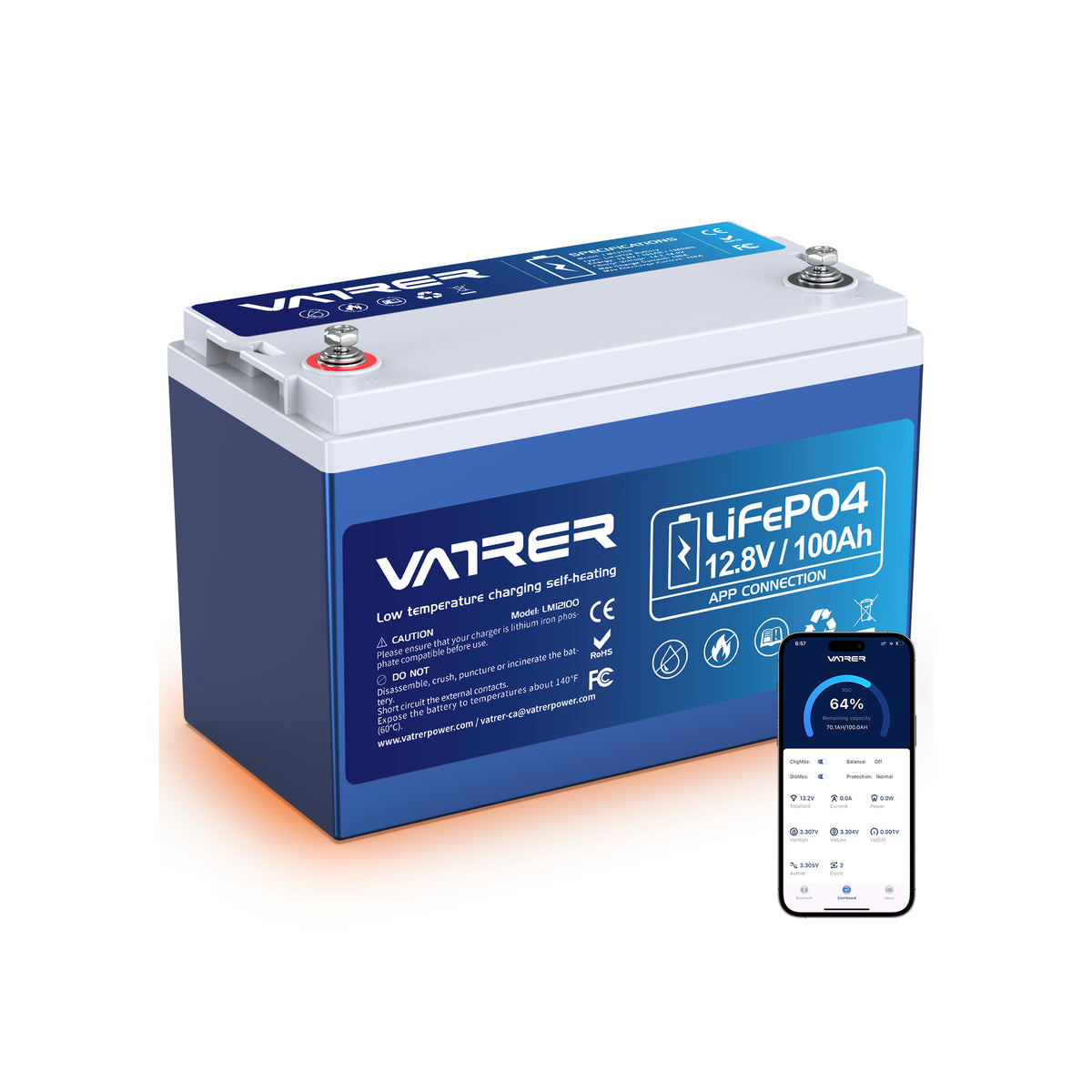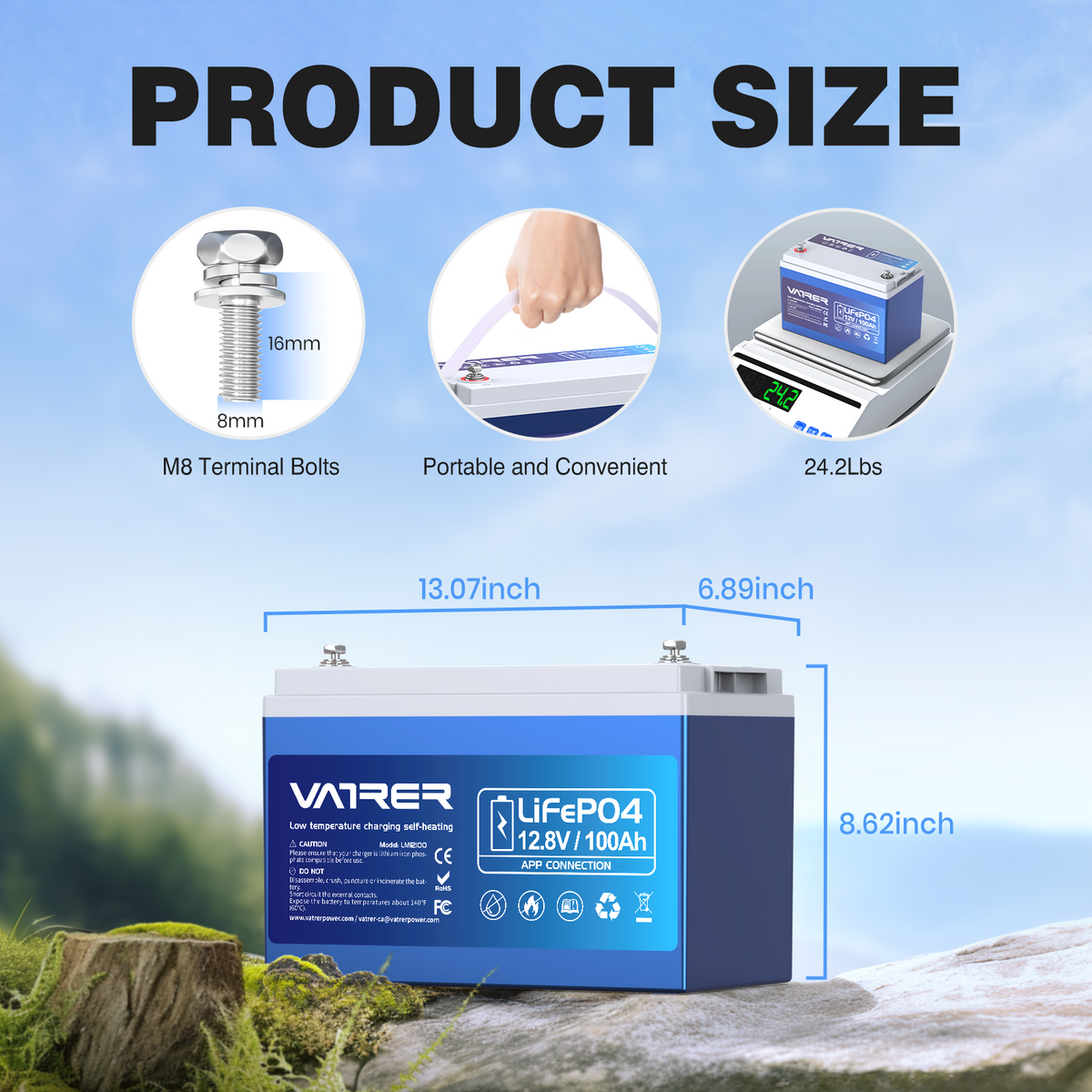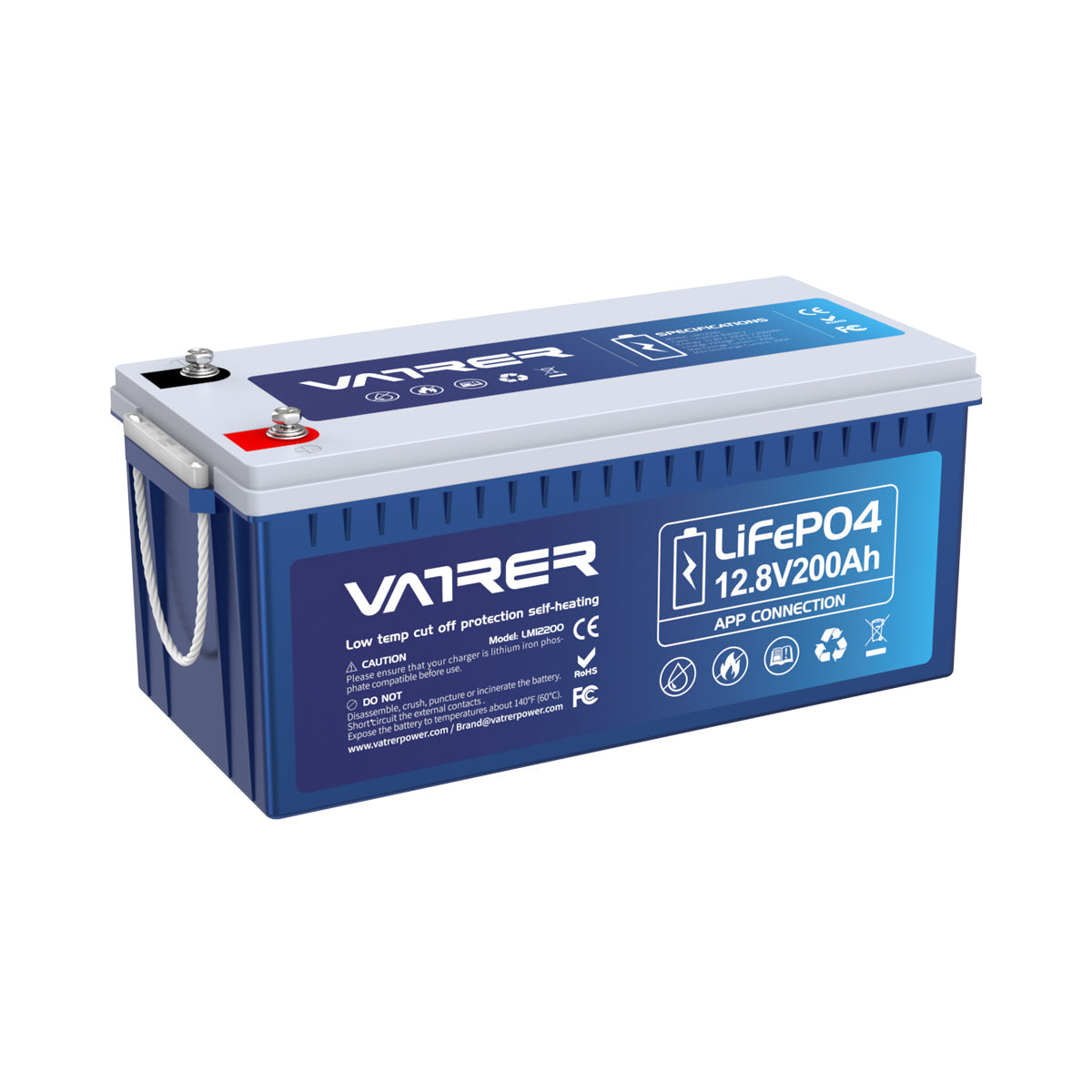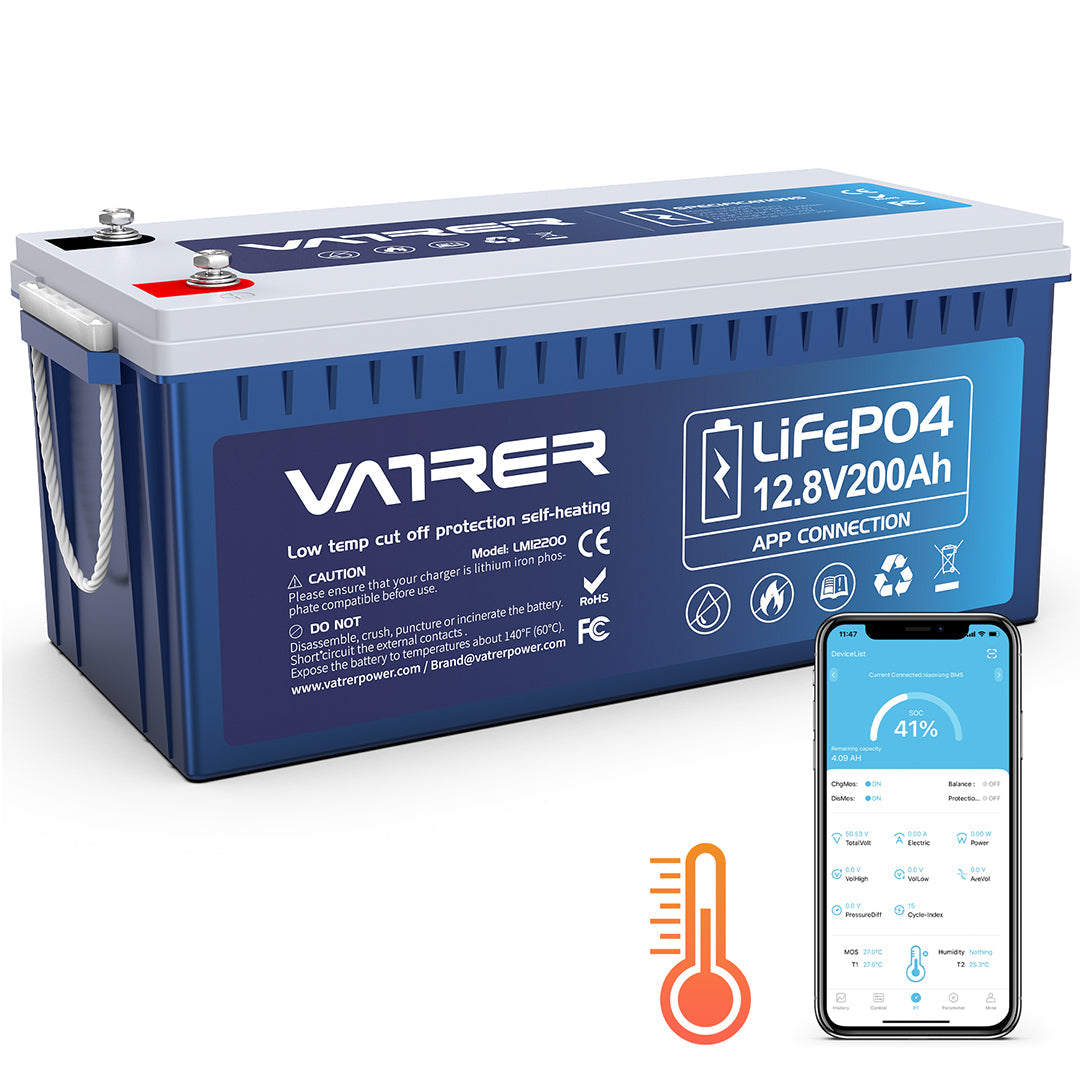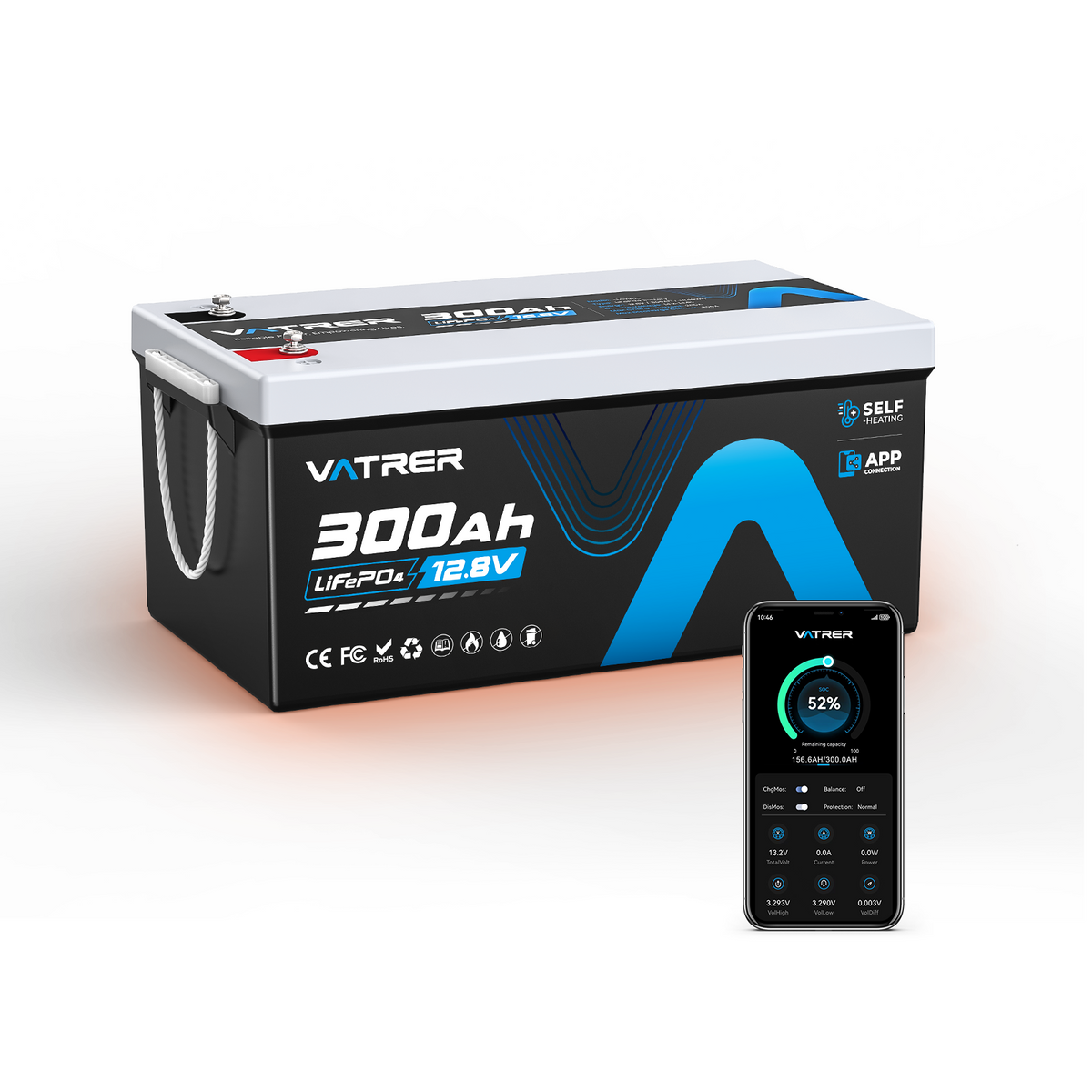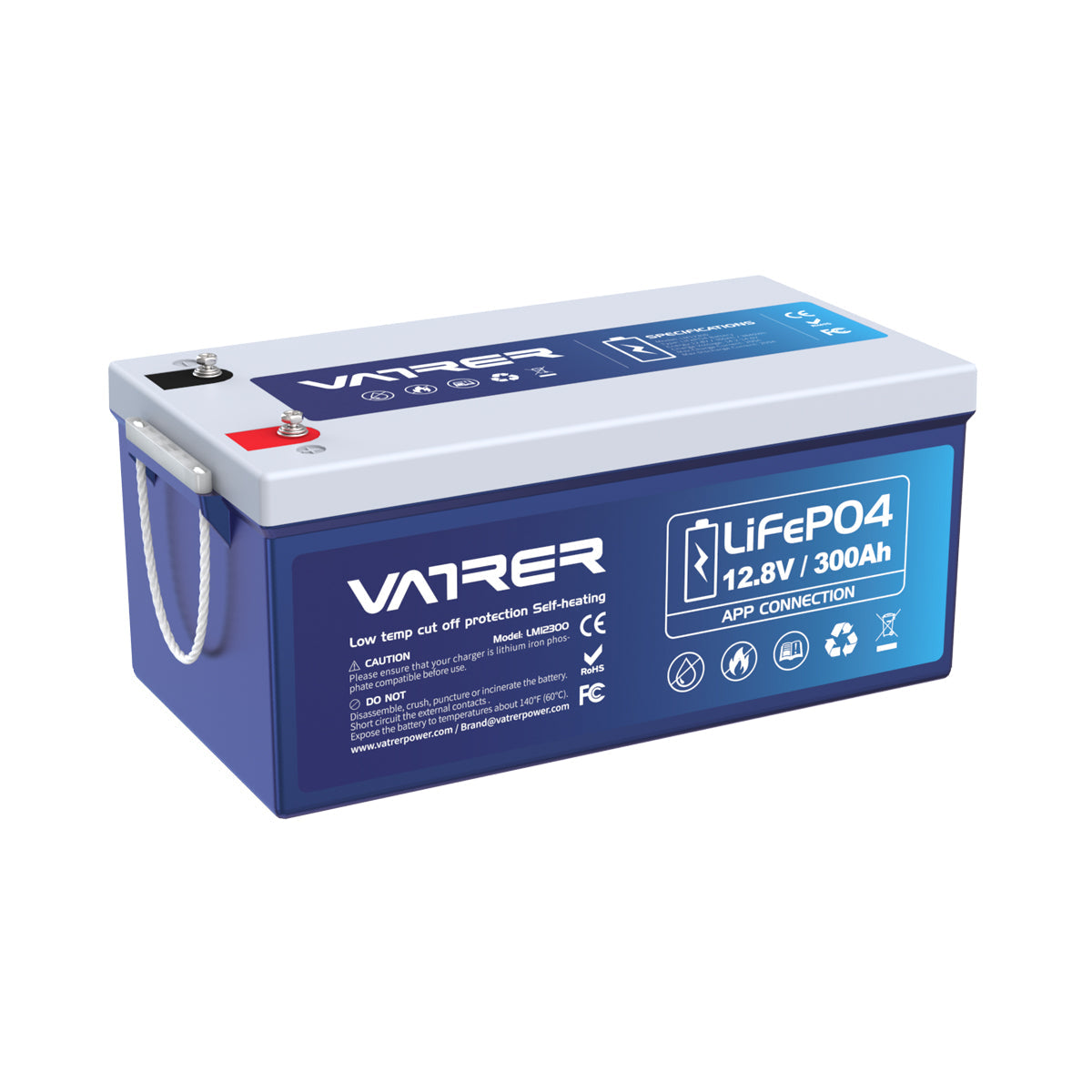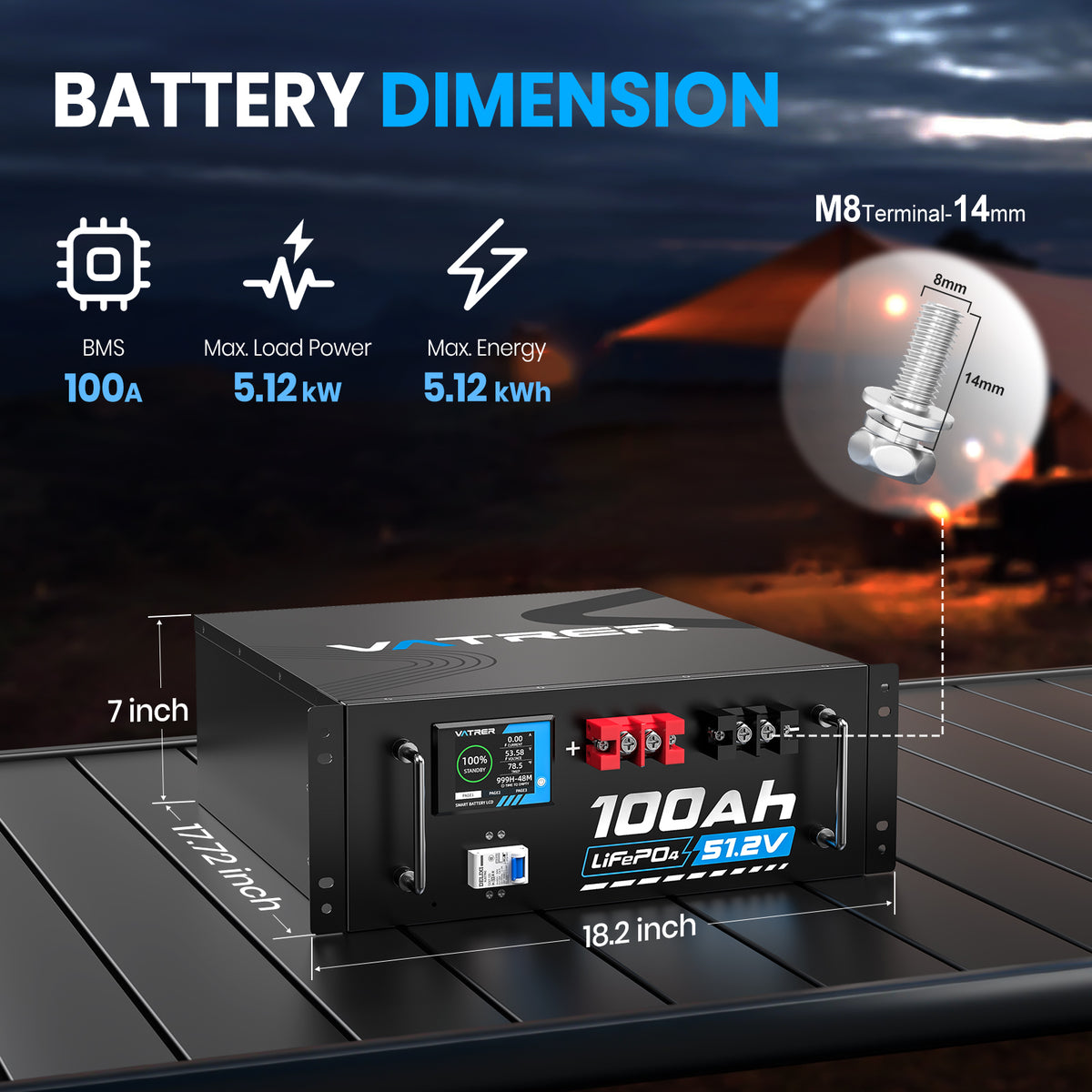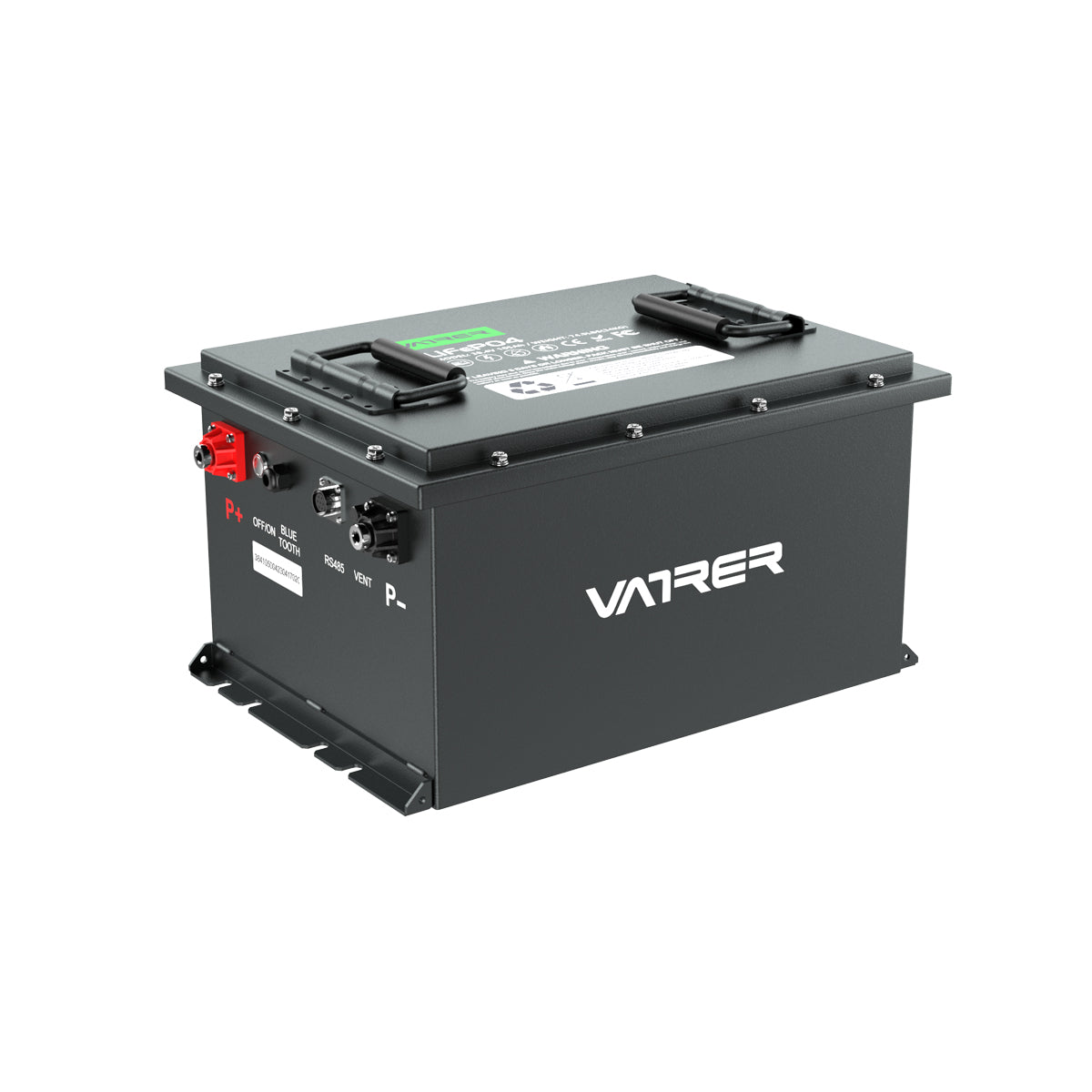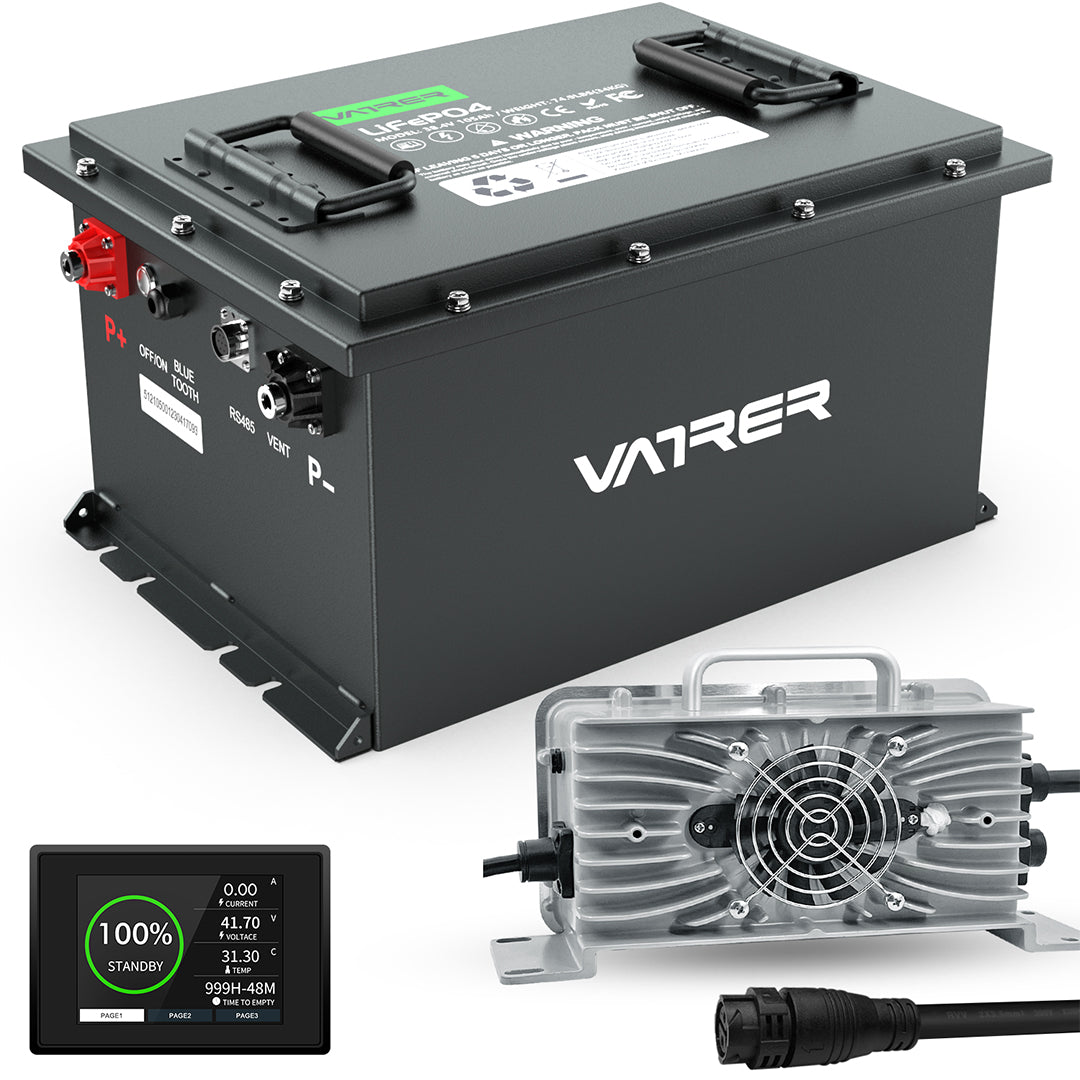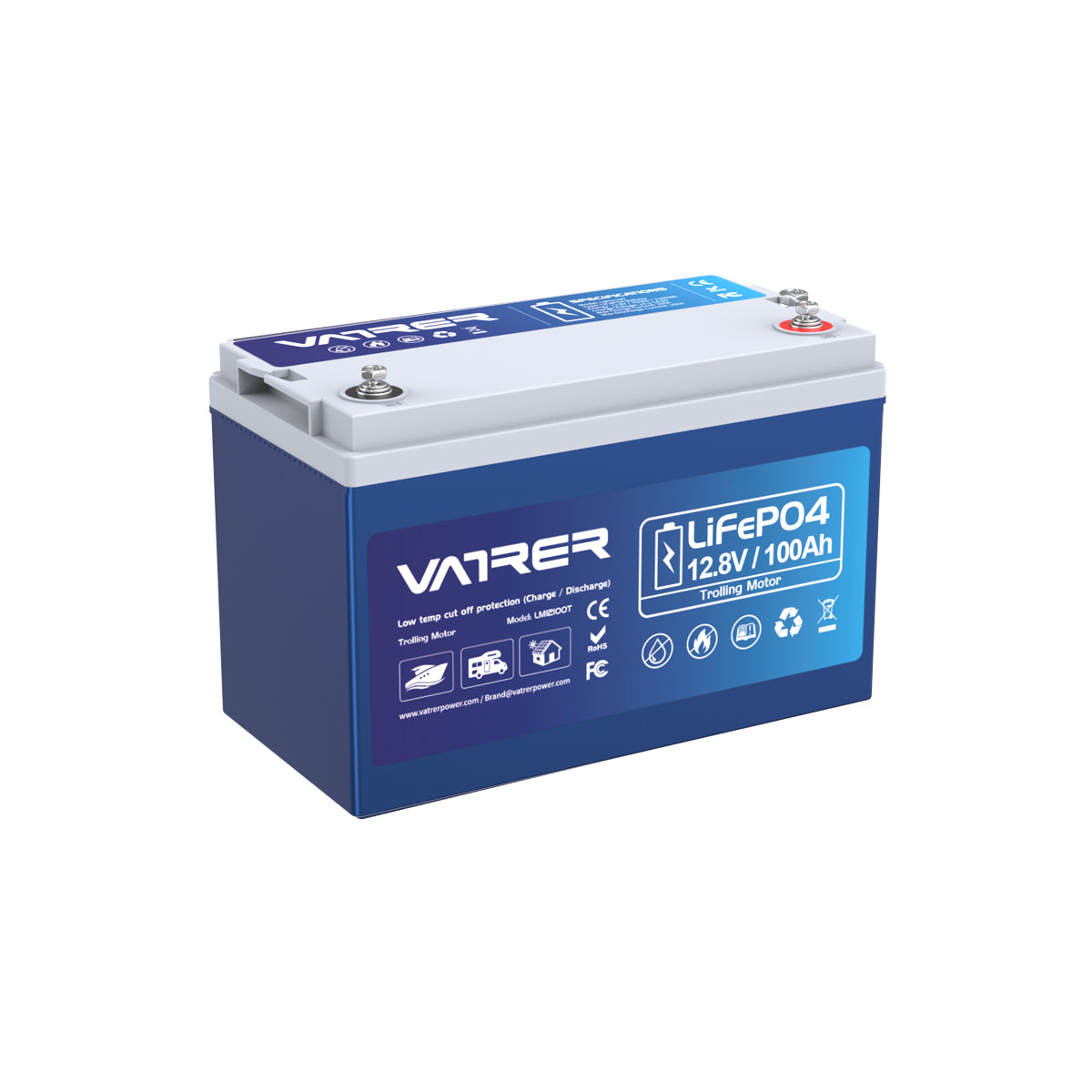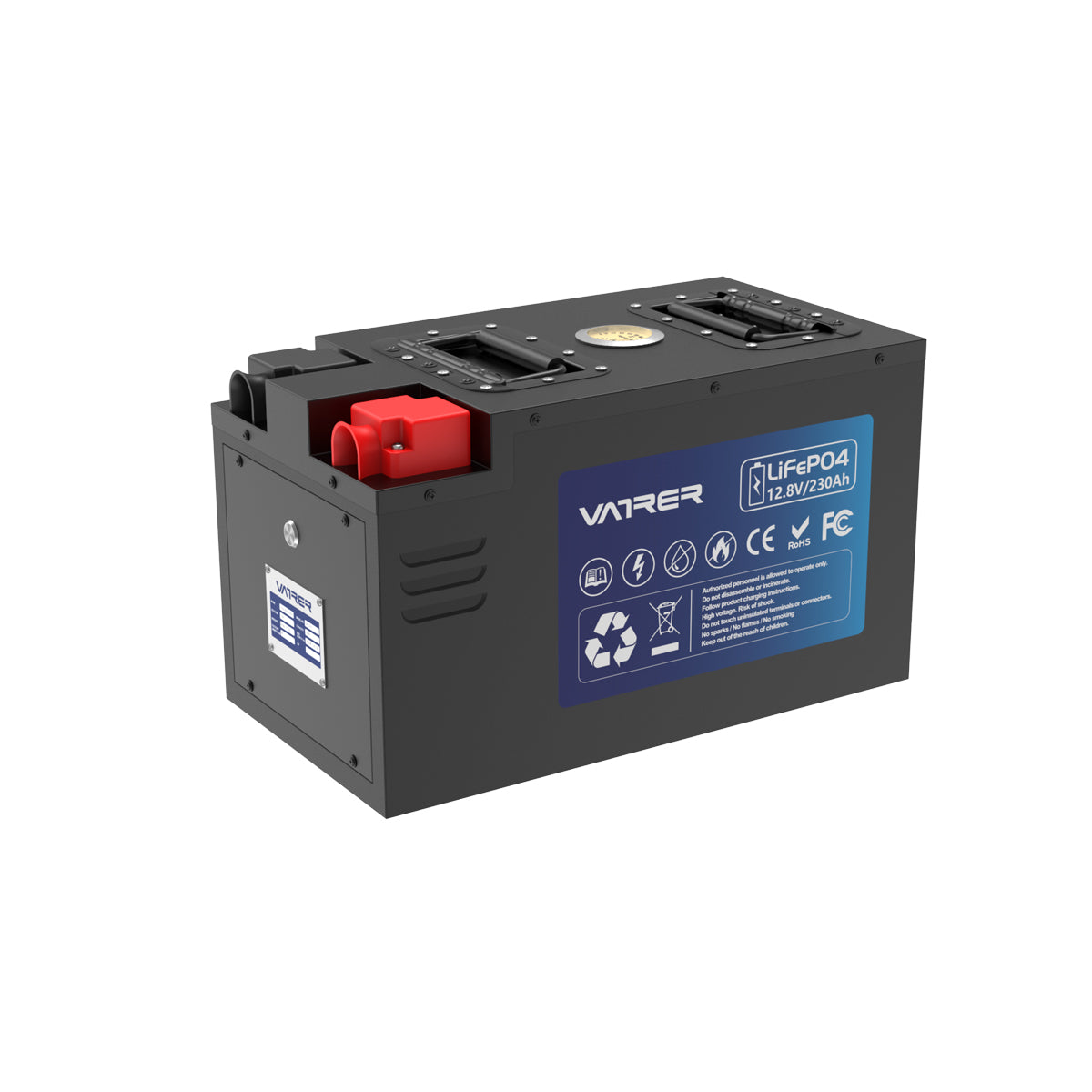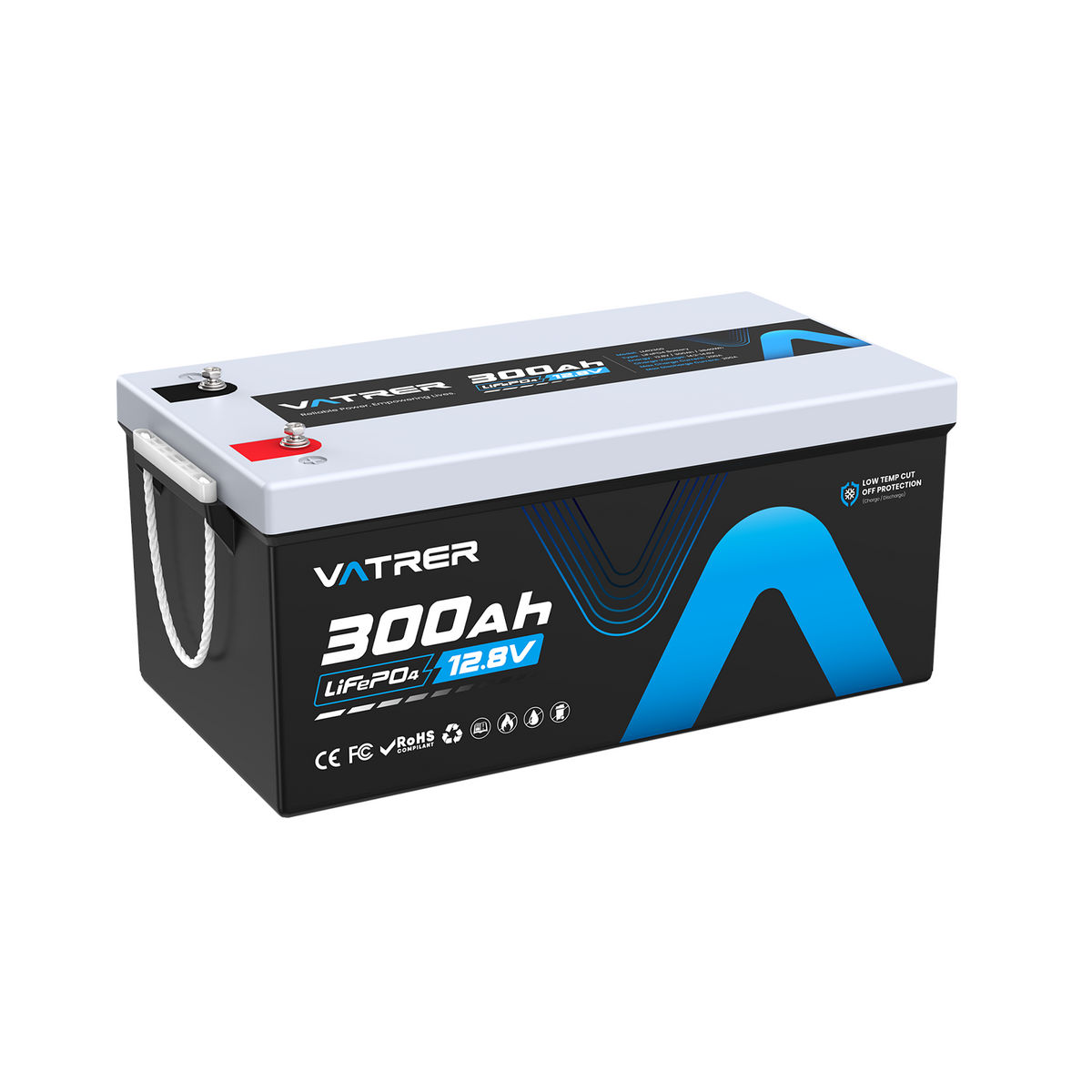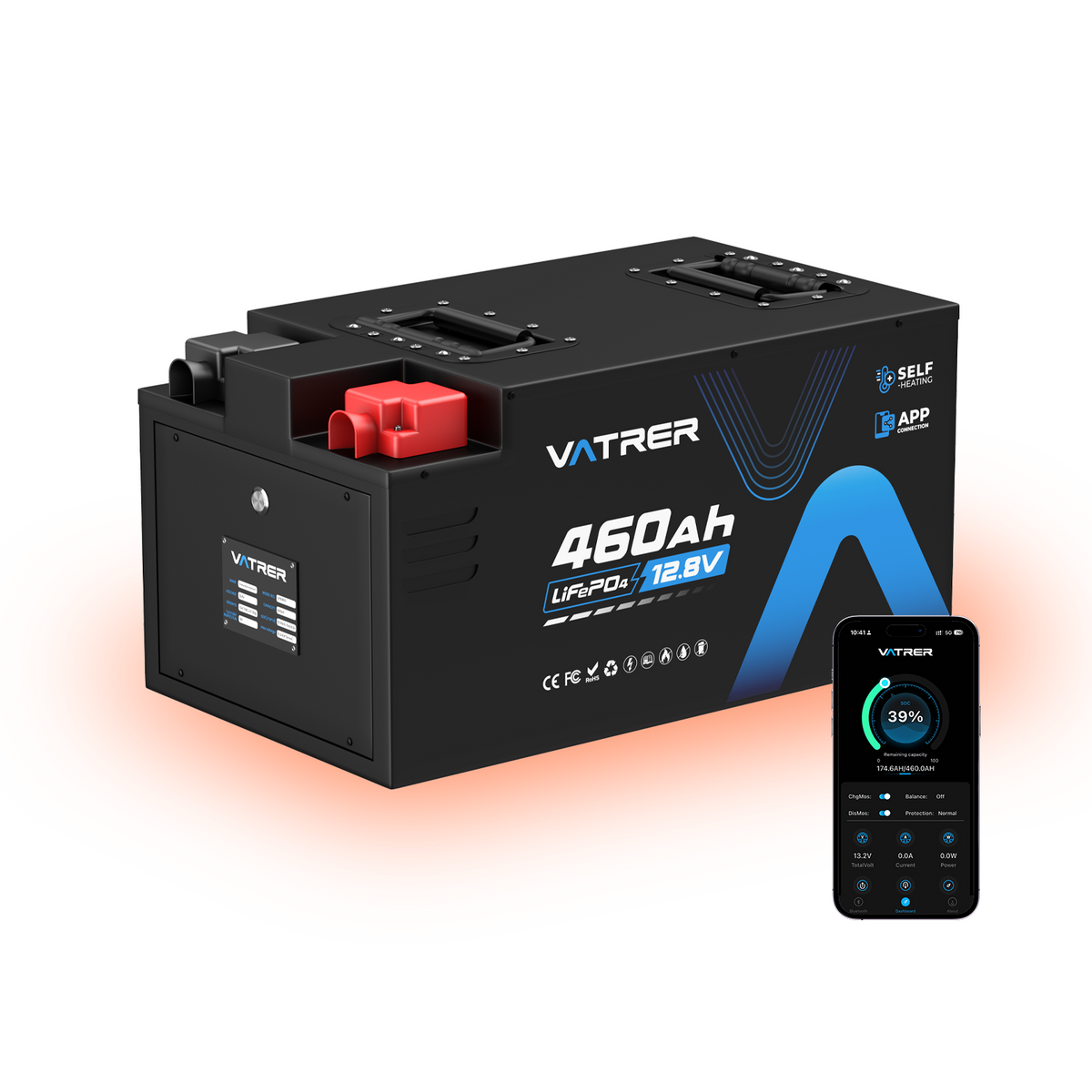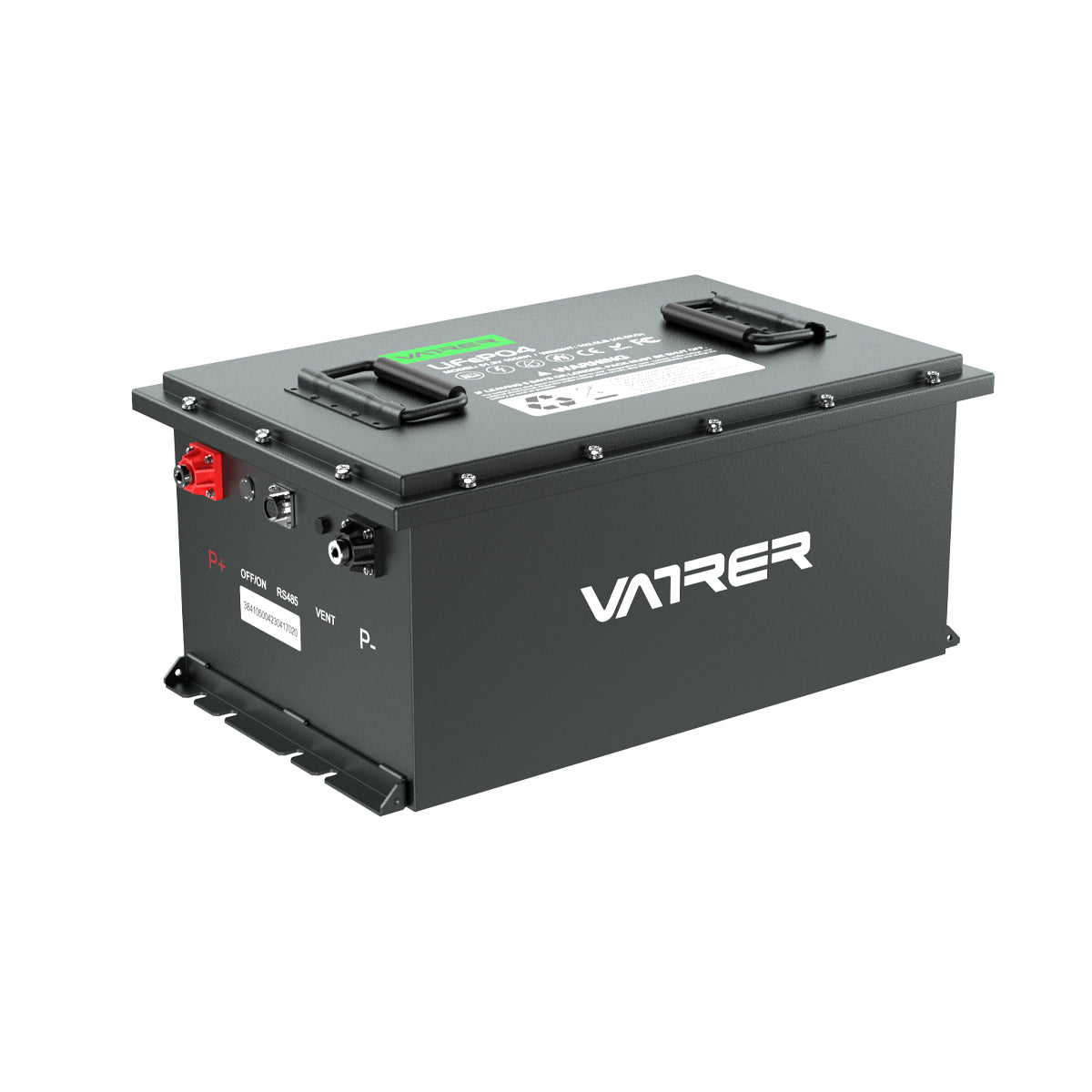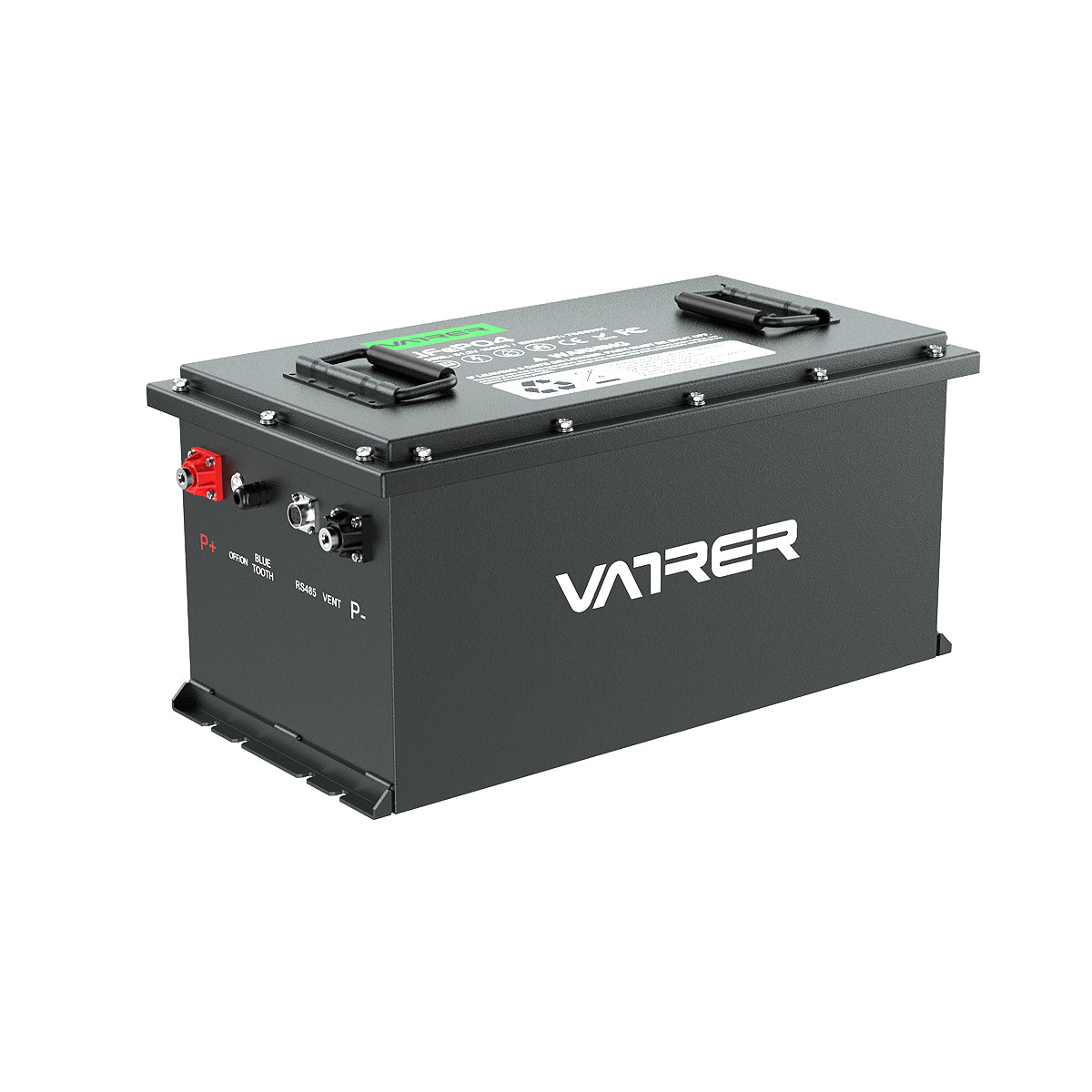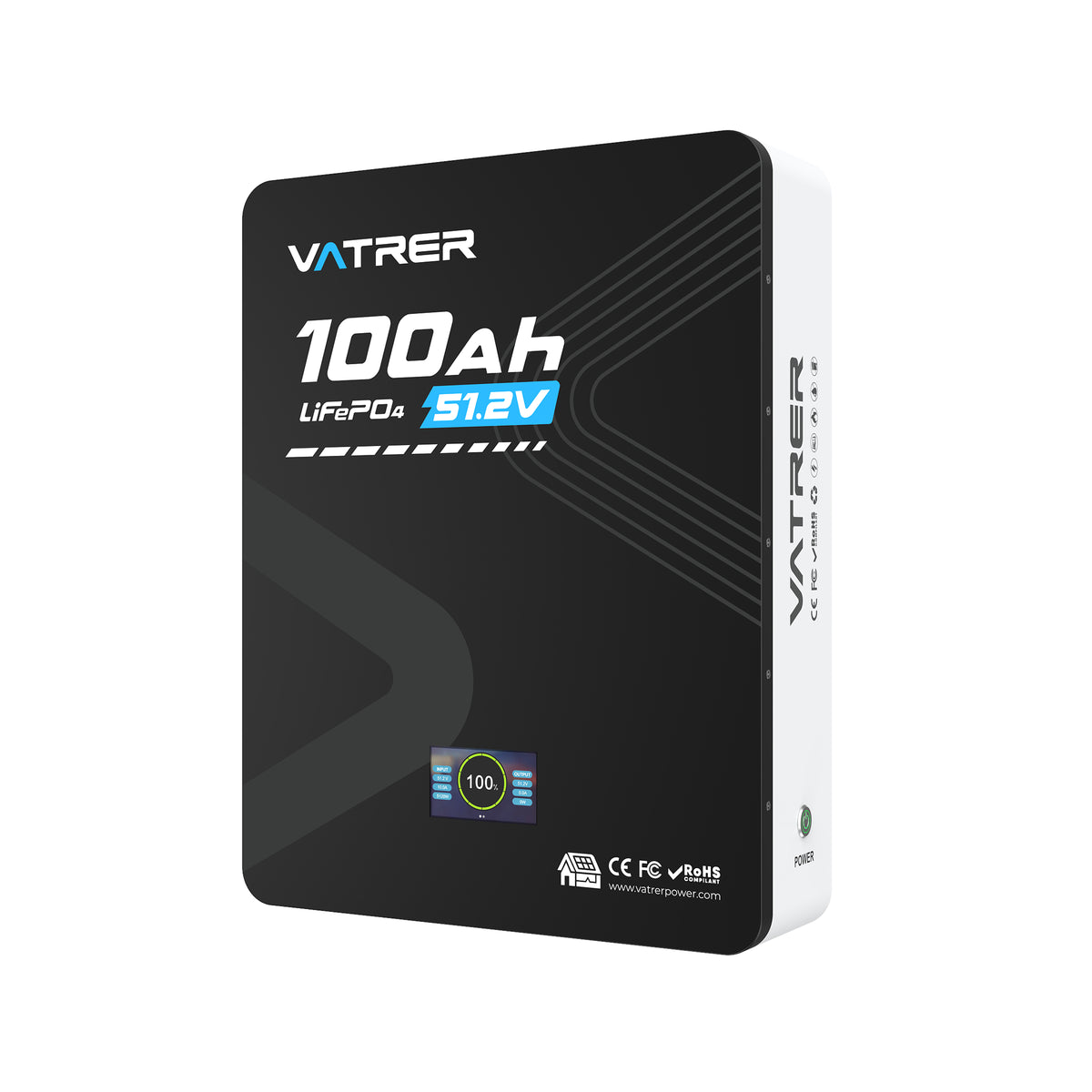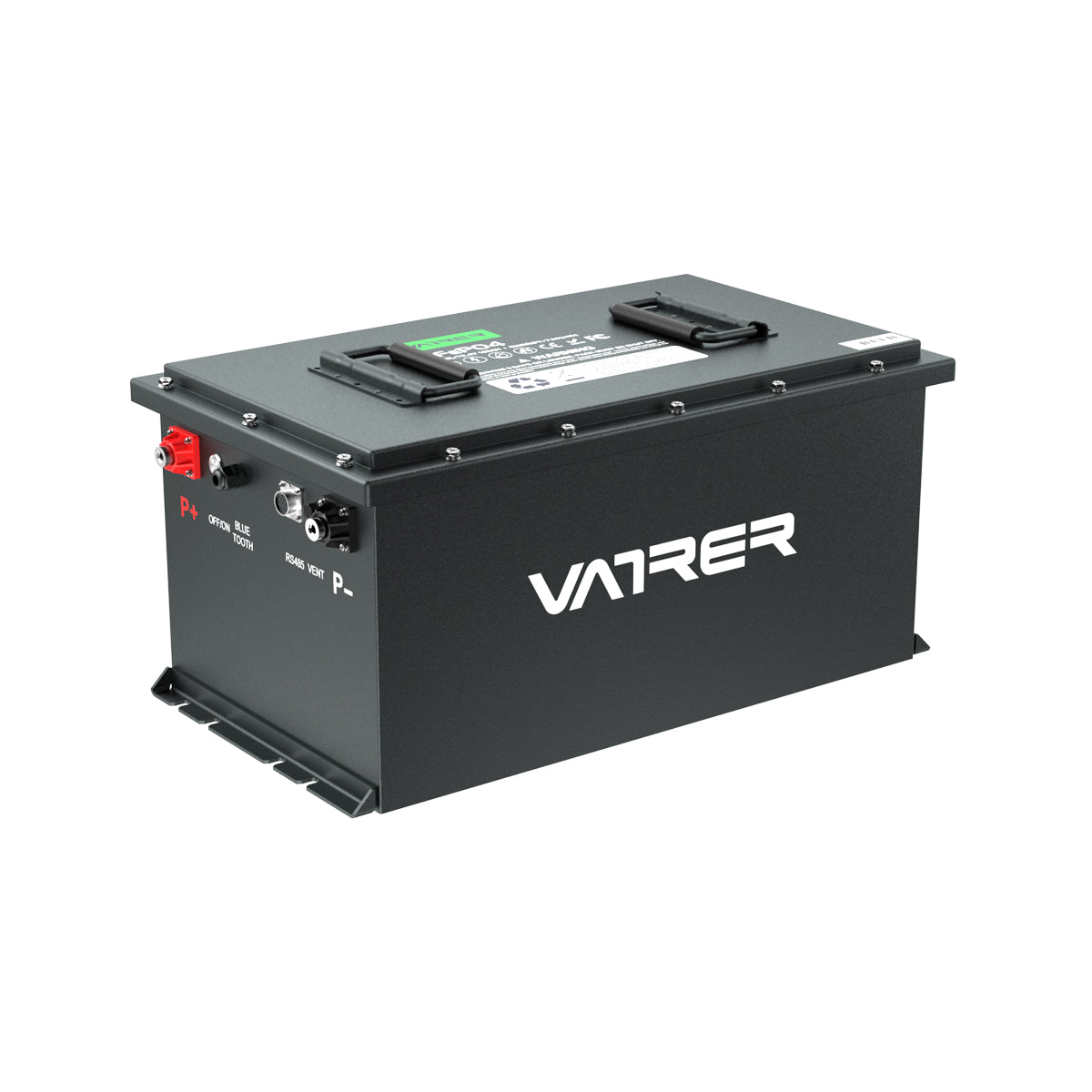1. Introduction
Marine batteries are an essential component of any vessel, providing the necessary power to start engines, run electronics, and support various onboard systems. Their reliability is crucial for safety and functionality at sea. Understanding the lifespan of marine batteries is vital for boat owners to ensure optimal performance and avoid unexpected failures. This paper explores the different types of marine batteries, factors affecting their lifespan, and strategies to extend their longevity.

2. Types of Marine Batteries
Lead-acid Batteries
Lead-acid batteries are the most traditional type of marine battery. They are known for their affordability and reliability. These batteries consist of lead plates submerged in sulfuric acid, which facilitates the chemical reaction needed to produce electricity. Despite their widespread use, lead-acid batteries have a relatively short lifespan, typically lasting between 2 to 5 years. They require regular maintenance, including checking electrolyte levels and ensuring proper charging.
AGM (Absorbent Glass Mat) Batteries
AGM batteries are a type of lead-acid battery that uses a fiberglass mat to absorb the electrolyte. This design makes them spill-proof and more resistant to vibration, making them suitable for marine environments. AGM batteries offer a longer lifespan than traditional lead-acid batteries, generally lasting between 4 to 7 years. They require less maintenance and are known for their ability to deliver high currents on demand.
Gel Cell Batteries
Gel cell batteries are another variation of lead-acid batteries, where the electrolyte is in a gel form. This design reduces the risk of leakage and allows for installation in various orientations. Gel cell batteries are known for their deep discharge capabilities and are often used in applications where long-lasting power is needed. However, their lifespan is similar to that of traditional lead-acid batteries, ranging from 2 to 5 years.
Lithium-ion Batteries
Lithium-ion batteries represent the latest advancement in marine battery technology. They offer numerous advantages, including a significantly longer lifespan, lighter weight, and higher energy density. Lithium-ion batteries can last anywhere from 8 to 20 years, depending on usage and maintenance. They are more expensive upfront but provide long-term savings due to their durability and efficiency.

3. Factors Affecting Battery Lifespan
Usage Patterns
The way a marine battery is used significantly impacts its lifespan. Frequent deep discharges, high current demands, and prolonged periods of inactivity can all shorten a battery's life. It's essential to match the battery type to the specific needs of the vessel to avoid unnecessary strain.
Maintenance Practices
Proper maintenance is crucial for extending the life of marine batteries. Regularly checking connections, cleaning terminals, and ensuring proper ventilation can prevent issues that lead to premature failure. For lead-acid batteries, maintaining the correct electrolyte levels is particularly important.
Environmental Conditions
Marine batteries are exposed to harsh environmental conditions, including temperature fluctuations, humidity, and saltwater exposure. Extreme temperatures can accelerate battery degradation, while moisture and salt can cause corrosion. Protecting batteries from these elements can significantly enhance their lifespan.
Charging Habits
Charging practices play a critical role in battery longevity. Overcharging or undercharging can damage batteries and reduce their lifespan. Using a high-quality marine battery charger with appropriate settings for the battery type is essential. Additionally, avoiding prolonged periods of disuse without charging can prevent sulfation in lead-acid batteries.
4. Average Lifespan of Different Battery Types
Lead-acid: 2-5 years
Lead-acid batteries, while cost-effective, have the shortest lifespan among marine batteries. Their longevity is heavily dependent on maintenance and usage patterns. Regular care can help maximize their lifespan within the 2 to 5-year range.
AGM: 4-7 years
AGM batteries offer a longer lifespan than traditional lead-acid batteries, lasting between 4 to 7 years. Their maintenance-free design and resistance to vibration make them a popular choice for marine applications.
Gel Cell: 2-5 years
Gel cell batteries share a similar lifespan with traditional lead-acid batteries, ranging from 2 to 5 years. Their ability to handle deep discharges makes them suitable for specific applications, but they require careful charging to avoid damage.
Lithium-ion: 8-20 years
Lithium-ion batteries provide the longest lifespan, lasting between 8 to 20 years. Their high energy density, lightweight design, and minimal maintenance requirements make them an excellent investment for long-term use.
5. Tips to Extend Battery Life
Proper Charging Techniques
Using the correct charger and settings for your battery type is crucial. Avoid overcharging and ensure that the battery is fully charged before storage. For lithium-ion batteries, maintaining a charge level between 20% and 80% can help prolong their lifespan.
Regular Maintenance
Perform regular inspections to check for corrosion, loose connections, and electrolyte levels (for lead-acid batteries). Clean terminals and apply a protective coating to prevent corrosion.
Storage Recommendations
Store batteries in a cool, dry place away from direct sunlight and extreme temperatures. For lead-acid batteries, ensure they are fully charged before storage to prevent sulfation.
Monitoring and Testing
Regularly test battery performance using a multimeter or battery tester. Monitoring voltage levels and capacity can help identify potential issues before they lead to failure.
6. Conclusion
In summary, the lifespan of marine batteries varies significantly depending on the type of battery, usage patterns, maintenance practices, and environmental conditions. Lead-acid batteries offer a cost-effective solution but require regular maintenance and have a shorter lifespan. AGM and gel cell batteries provide longer life with less maintenance, while lithium-ion batteries offer the longest lifespan and highest efficiency. By understanding these factors and implementing proper care and maintenance, boat owners can maximize the longevity of their marine batteries, ensuring reliable performance and safety at sea.





